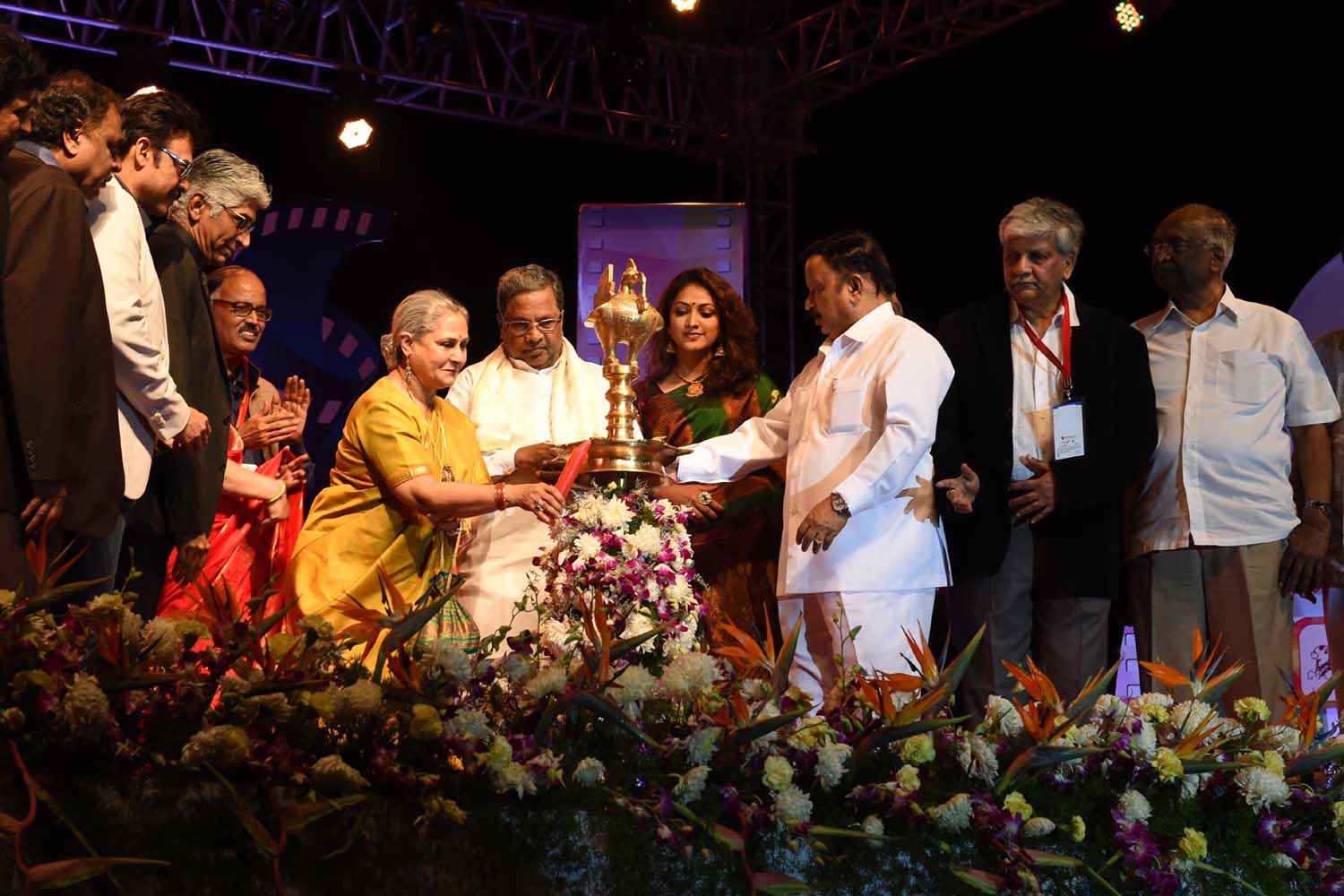In just two months, global attention will focus on land and drought resilience as the 16th Session of the Conference of the Parties (COP) to the United Nations Convention to Combat Desertification (UNCCD) takes place in Riyadh, Saudi Arabia, from 2 to 13 December 2024.
As the first UNCCD COP to be held in the Middle East and North Africa region, this landmark event will be the largest and most ambitious summit on land and drought resilience, coinciding with the 30th anniversary of UNCCD, one of three Rio Conventions alongside climate and biodiversity.
Currently, up to 40% of the world’s land is degraded, directly impacting 3.2 billion people. Additionally, droughts have increased in frequency and intensity by 29% since 2000, and by 2050, three-quarters of the global population could be affected by drought.
In a year of high-level environmental negotiations, with all three Rio Conventions holding crucial meetings between October and December in Cali, Baku and Riyadh, UNCCD COP16 will be a critical milestone in advancing global efforts to combat land degradation, desertification and drought, and promote sustainable development. Under the theme “Our Land. Our Future,” the conference will convene 197 Parties (196 countries and the European Union), experts and civil society to promote urgent action.
UNCCD Executive Secretary Ibrahim Thiaw said: “Riyadh 2024 is expected to be a turning point, a game-changer for the global land and drought resilience agenda. After many years of discussions and negotiations, countries are expected to agree on how to tackle the critical issue of drought. In Riyadh, Parties are also expected to move from pledges to concrete implementation on land restoration. Finally, COP16 will help us understand that land loss and water scarcity have a human face. The most vulnerable communities expect concrete results and bold decisions from this COP.”
At COP16, countries are expected to decide on collective actions to:
Accelerate restoration of degraded land by 2030 and beyond;
Boost resilience to intensifying droughts and sand and dust storms;
Restore soil health and scale up nature-positive food production;
Secure land rights and promote equity for sustainable land stewardship;
Ensure that land continues to provide climate and biodiversity solutions;
Unlock economic opportunities, including decent land-based jobs for youth.
2. Programme Highlights
The UNCCD COP16 will gather global leaders and high-level officials in a pivotal event aimed at accelerating land restoration and drought resilience through a people-centred approach.
Leaders’ Summit (2-3 December): At the invitation of Saudi Arabia, Heads of State, business executives, and global leaders will convene to address desertification, land degradation, and drought at the global and regional levels, focusing on actionable solutions.
Thematic Days:
Land Day (4 December): Focus on the role of healthy land in addressing climate change, job creation, and poverty alleviation, with emphasis on nature-based solutions and private sector engagement.
Agri-Food Systems Day (5 December): Highlighting sustainable farming practices for resilient crops, healthy soils, and ecosystem protection.
Governance Day (6 December): Exploring inclusive land governance and policies to strengthen equitable land management.
People’s Day (7 December): Emphasizing the involvement of youth, women, and civil society in land-related decision-making.
Science, Technology & Innovation Day (9 December): Aims to accelerate scientific advancements for land health and resilience.
Resilience Day (10 December): Focus on policies and technologies that foster resilience to climate change.
Finance Day (11 December): Aims to showcase innovative financial mechanisms supporting land restoration and drought resilience.
Detailed information on the agenda and speakers will be provided as the event approaches.
3. Upcoming key reports
15 October: Launch of the study on women-led solutions to drought resilience
4 November: Launch of the financial needs assessment for the implementation of UNCCD
2 December: Launch of the special report on land by the Potsdam Climate Institute
10 December: Launch of the Drought Atlas and the economics of drought resilience report
Engagement Opportunities
Special and side events: A series of insightful side events will highlight critical issues such as youth and gender leadership, indigenous community perspectives and private sector initiatives such as Business4Land. These events offer journalists a unique opportunity to explore key issues and emerging solutions in the global fight against land degradation and drought.
Interview opportunities: Journalists will have the opportunity to engage directly with key negotiators, experts and government officials throughout the event. Stay tuned to the UNCCD website for the schedule of media briefings and press conferences to ensure timely access to high-level interviews and expert commentary.
Blue and Green Zone: For the first time, the UNCCD COP will feature Blue and Green Zones where accredited media will be able to engage with a broad range of stakeholders, learn about new technologies and innovative solutions to combat desertification, land degradation and drought, as well as participate in cultural and sports activities.
Key facts
Up to 40% of the world’s land is degraded, affecting nearly half of humanity, with serious consequences for climate, biodiversity, and livelihoods.
We are degrading at least 100 million hectares of healthy, productive land each year.
Droughts have increased by 29% since 2000, driven by climate change and poor land management. By 2050, three out of four people globally will be affected by drought.
Eighty-five percent of people affected by drought live in developing countries.
Drought, land degradation, and desertification disproportionately affect women, girls, Indigenous Peoples, local communities, and vulnerable groups like people with disabilities.
To achieve a land-degradation-neutral world, restoring 1.5 billion hectares of land by 2030 will be necessary if current trends continue.
Sustainable land management is key to building resilience against drought.
One billion young people live in developing regions dependent on land and natural resources. Achieving global land restoration commitments requires youth involvement.
About UNCCD
The United Nations Convention to Combat Desertification (UNCCD) is an international agreement on good land stewardship. It helps people, communities and countries create wealth, grow economies and secure enough food, clean water and energy by ensuring land users an enabling environment for sustainable land management. Through partnerships, the Convention’s 197 Parties set up robust systems to manage drought promptly and effectively. Good land stewardship based on sound policy and science helps integrate and accelerate achievement of the Sustainable Development Goals, builds resilience to climate change and prevents biodiversity loss.
https://unccd.int
…..







Leave a Reply